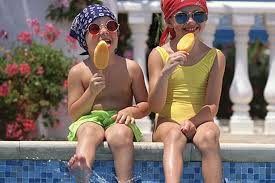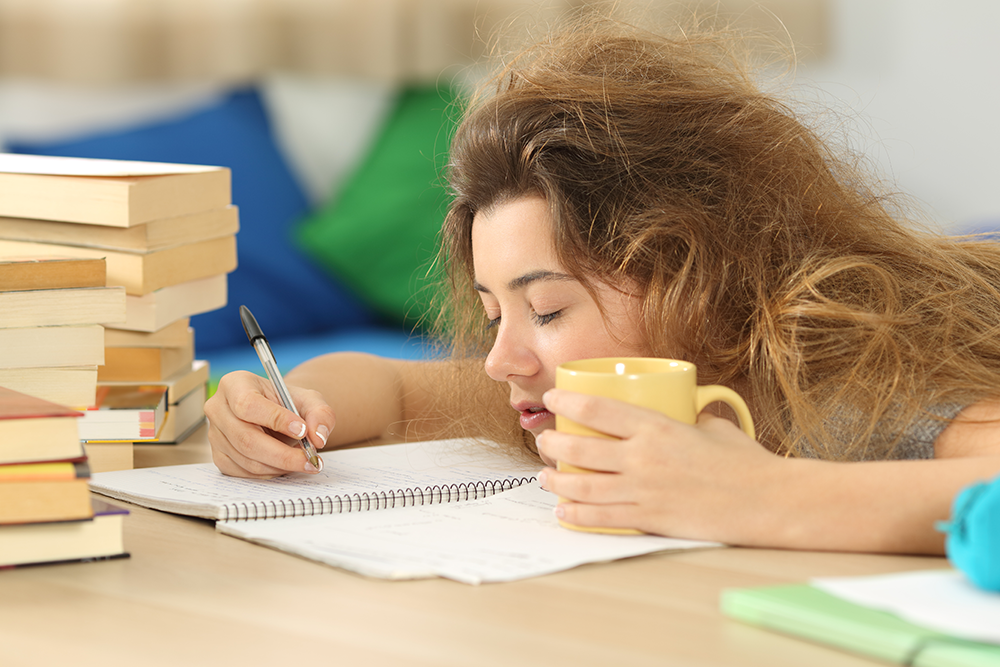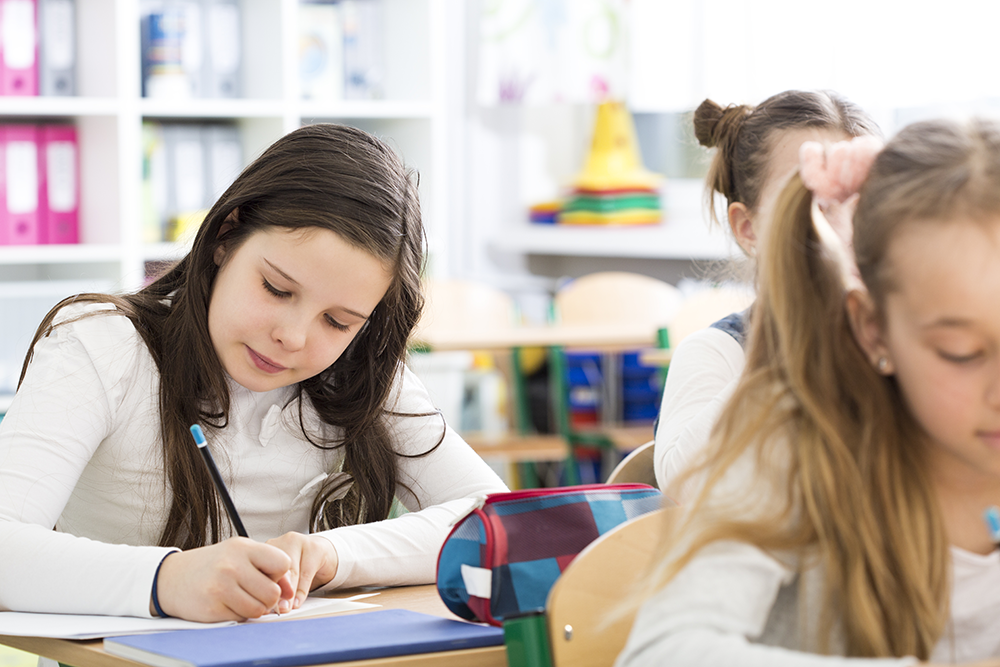 The summer holidays are almost here and the children will no doubt be looking forward to six weeks of fun, with no lessons or homework!
The summer holidays are almost here and the children will no doubt be looking forward to six weeks of fun, with no lessons or homework!
Some schools may set a small homework project over the holidays, but you may want to think about other ways to keep your child’s mind active, as studies have shown that some children can take a step back over summer if they are not putting the skills they have learnt at school into practise.
A summer holiday journal or scrapbook can be an enjoyable way to keep your child’s learning on track as it can incorporate so many different skills and subjects.
English
Obviously, keeping a diary is really going to help with your child’s writing skills and they can include both factual and creative text, inspired by the places they visit. On days at home they could write book reviews, or even a film review after watching a DVD – all great practise for when they’re back at school.
Maths
Together with your child, you can work out how far you travel on each day trip, then work out how far you have travelled in total over the holiday!
Art
If you have a creative child, they can really go to town on decorating their scrapbook – creating backgrounds and borders for each page and designing a cover. They can include lots of drawings, paintings and photos too.
Geography
Collect leaflets from all the attractions you visit, so your child can cut out the maps, or even draw their own, to show where they visited. They could also write a little about the different towns and cities they visited and how they differ from their hometown.
History
If you visit a museum or historical site, such as a castle, your child could write down a few facts about what they learnt there. Or perhaps they could write a letter to a historical figure? Encourage them to think about what sort of questions they would ask about the period they lived in and what they could tell them about the time we live in now.
Science
Science museums are great places for days out as they are fun and interactive, with lots to be learnt! If you’re staying at home, your child could look for wildlife in the garden, or go on a nature hunt in the local park. Or how about baking a cake together and talking about what happens to the ingredients when the cake goes in the oven?
ICT
Your child might enjoy typing up a few of their diary entries, or they could even create an online blog! Advise them about internet safety and make sure you check anything they decide to publish online. Alternatively, it could be a password protected blog, only shared with family and friends – like a virtual postcard!
Of course, the holidays are supposed to be a break from school, so you don’t want your child to feel like they’re getting homework every time they visit a new place. Perhaps just encourage them to write about the days they’ve really enjoyed and feel enthusiastic about. It doesn’t need to be a huge chunk of writing each time – encourage them to think of other ways to record what they have learnt, such as charts, storyboards and collages.
Your child may like to take their scrapbook to school in September to show their teacher and the class. Also, it would be a lovely thing to keep and look back on all the summer holiday memories in years to come!
Written by Helen Clarke, blogger and Mum to ‘The Princess and the Pickle’.




